When Charlotte Church, the 38‑year‑old Welsh singer‑songwriter, led a choir chanting “from the river to the sea” at a pro‑Palestine gathering, the incident instantly sparked a media firestorm. The event unfolded on Saturday, 24 February 2024, inside the historic Bedwellty Workmen’s Hall in the village of Cilfynydd, Caerphilly, South Wales. Critics argued the slogans crossed into extremist territory, while supporters defended the performance as a heartfelt plea for humanitarian aid.
Background to the ‘Sing for Palestine’ Night
The gathering was part of a series of "Sing for Palestine" events organised by local activists seeking to raise awareness of the humanitarian crisis in Gaza. The hall, built in 1913, has long served as a community hub for everything from brass band rehearsals to political debates. On that chilly February evening, dozens of villagers packed the wooden benches, many wearing keffiyehs, a traditional black‑and‑white checkered scarf that has become a visual shorthand for Palestinian solidarity.
Church arrived draped in her own keffiyeh, took the microphone, and invited the choir to join her on songs that blended traditional folk melodies with protest chants. Among the lyrics, the phrase “from the river to the sea” rang out repeatedly. To many listeners, the words echo a longing for a single, free Palestine; to others, they hint at the elimination of the State of Israel – a nuance that has fueled controversy for years.
Immediate Media Reaction
Within hours, Daily Mail ran a front‑page story titled “Charlotte Church Caught Leading Extremist Choir.” The tabloid quoted the singer’s performance and described the footage as "caught red‑handed". The paper’s tone was unmistakably critical, framing the event as a misuse of celebrity influence.
Meanwhile, the Campaign Against Antisemitism sent a formal statement to The Independent, calling Church "tone‑deaf at best" and accusing her of "fanning the flames of hatred". Their press release warned that teaching children such lyrics could normalize extremist rhetoric.
On the left‑leaning side, Novara Media uploaded a video interview with Church on 26 February 2024. The presenter asked pointedly, "You’ve been caught red‑handed according to the Daily Mail – how does that feel?" Church answered, "Everything just feels so heightened and so deeply emotional to me right now, um." She also mentioned the charity MECA for Peace, providing its website URL for listeners who wanted to help children in Gaza and Lebanon.
Charlotte Church’s Own Response
In the interview, Church emphasized that her intent was humanitarian, not political. She said the chants reflected the pain she feels for children caught in the crossfire of the Israel‑Hamas war that began on 7 October 2023. "I’m not here to dictate policy," she told the journalist, "I’m here to sing with people who are hurting." The singer also clarified that the phrase "from the river to the sea" is often used by peace activists who envision equal rights for all, not as a call for the erasure of any people.
She added that her involvement with MECA for Peace is long‑standing; the organization, founded in 1988, operates out of Oakland, California, with a field office in Bethlehem, West Bank, delivering medical aid and education to children. Church urged listeners to donate directly to the charity rather than get tangled in political semantics.
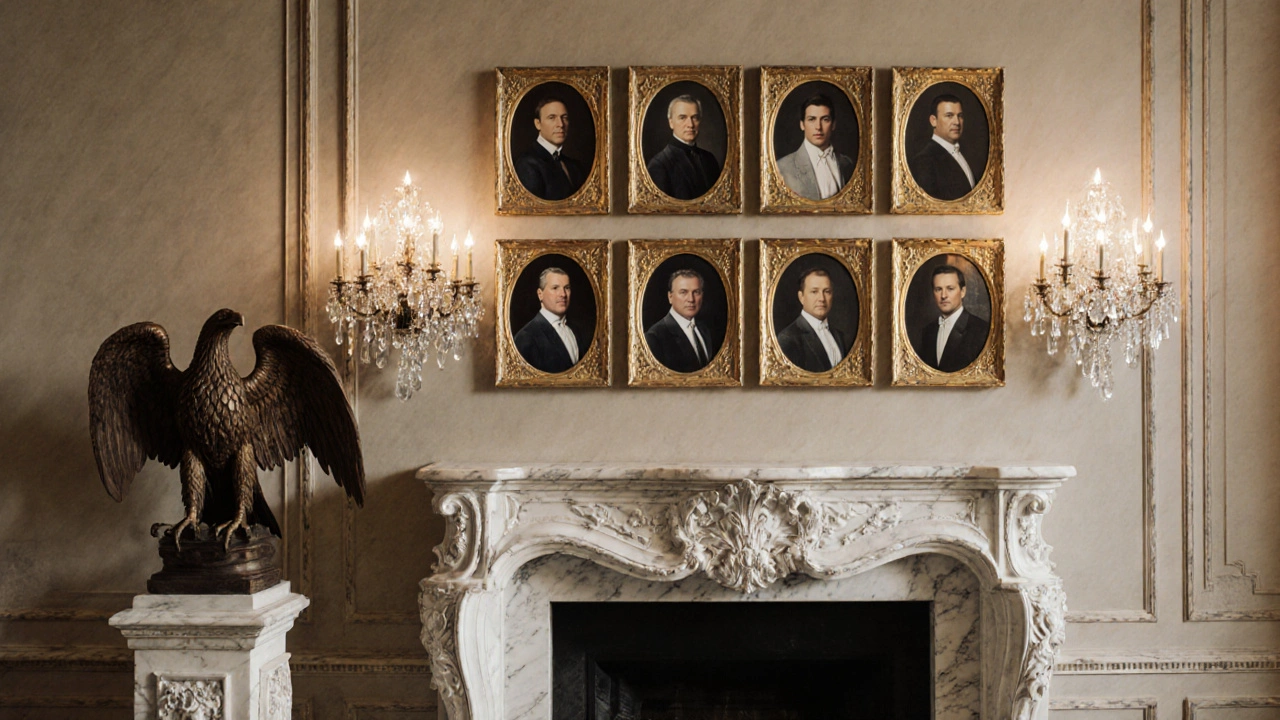
What the Lyrics Mean and Why They Matter
The slogan "from the river to the sea" has been a flashpoint in the Israeli‑Palestinian discourse for decades. Supporters argue it simply maps the geography of historic Palestine, a call for shared sovereignty. Opponents, however, see it as a euphemism for the removal of Israel. This duality makes any public figure’s use of the phrase a lightning rod for debate.
Experts from the University of Wales Centre for Middle‑East Studies note that language in protest songs can shift public perception dramatically. Dr. Alys Griffiths, a senior lecturer, told us, "When a pop star sings those words, they acquire a new cultural weight. It can mobilise sympathy, but it can also inflame existing tensions." The scholar pointed to previous incidents where musicians faced backlash for similar chants, suggesting a pattern of heightened scrutiny in the age of social media.
Broader Debate Over Celebrity Advocacy
Church isn’t the first star to confront criticism for supporting Palestine. In 2019, actress Natalie Portman faced similar accusations after expressing solidarity at a UN event. The pattern reveals a broader conflict: celebrities have platforms that can amplify causes, yet their messages are instantly dissected for political implications.
Public opinion polls from YouGov, conducted in March 2024, show that 54 % of Britons believe celebrities should stay out of geopolitics, while 31 % think they have a duty to use their fame for humanitarian issues. The divide reflects a society wrestling with the line between free expression and perceived bias.
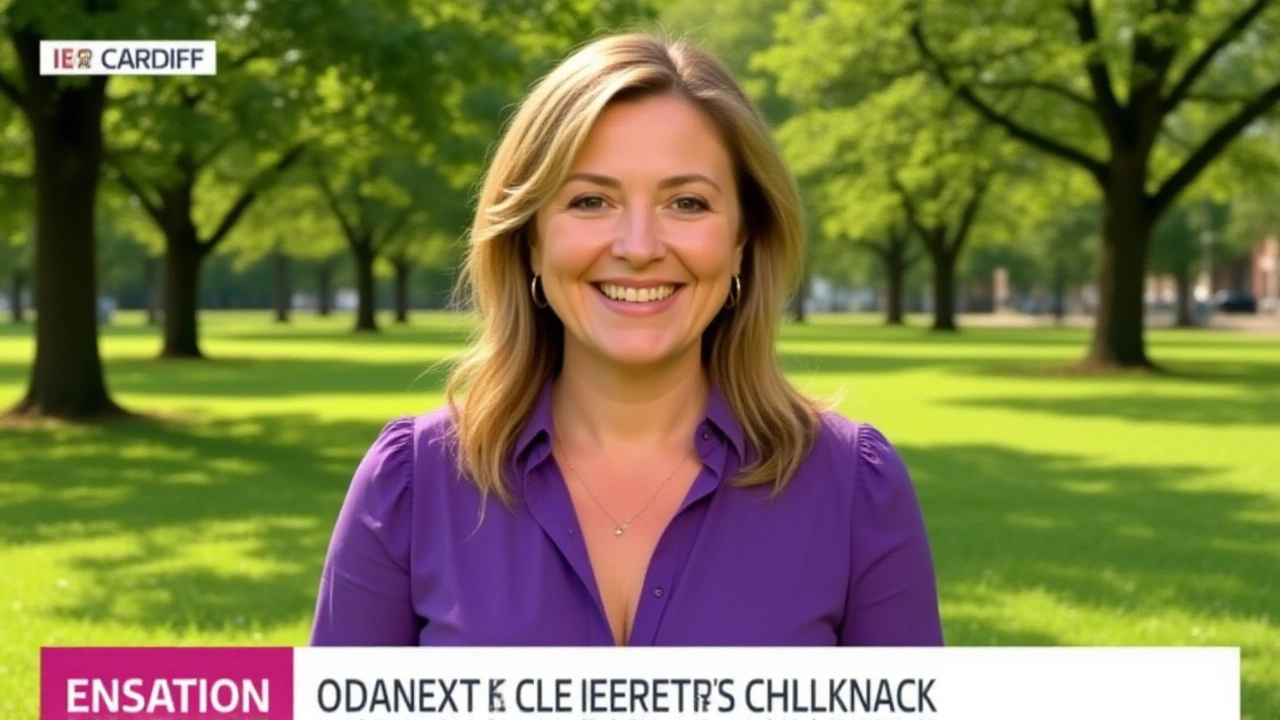
What Comes Next?
The Hall’s management released a brief statement insisting the venue remains a neutral community space and did not organise the political content of the night. Local councilor Elaine Morgan said she respects the right to peaceful assembly, but warned that future events might need clearer guidelines to avoid “unintended controversy”.
For Church, the next steps involve continuing her advocacy through MECA for Peace and perhaps steering clear of live performances that could be weaponised by the press. As the Israel‑Hamas conflict drags on, the spotlight on how public figures navigate such fraught terrain is likely to stay bright.
Frequently Asked Questions
Why did Charlotte Church’s performance cause such a backlash?
The backlash stemmed mainly from the use of the slogan “from the river to the sea,” which many interpret as a call for the elimination of Israel. Right‑wing groups framed the chant as extremist, while left‑leaning outlets defended it as a humanitarian expression. The combination of a high‑profile celebrity and a polarising phrase amplified the controversy.
What is MECA for Peace and how is it connected to the event?
MECA for Peace (Middle East Children’s Alliance) is a non‑profit founded in 1988 that provides medical aid, education and psychosocial support to children in Gaza, the West Bank and Lebanon. Church mentioned the charity during her Novara Media interview, encouraging viewers to donate directly, thereby linking her artistic protest to tangible humanitarian assistance.
Did the venue, Bedwellty Workmen’s Hall, approve the political content?
The hall’s management said it simply provided space for a community‑organized event and did not curate the set‑list or the slogans. They emphasised that the venue remains neutral and will consider clearer guidelines for future bookings to avoid unintended political flashpoints.
How does this incident fit into the wider debate on celebrity activism?
It highlights the tightrope celebrities walk: their platforms can draw attention to humanitarian crises, yet any political nuance is instantly scrutinised. Polls show a split public opinion, with many Britons preferring entertainers to stay out of geopolitics, while others argue that fame carries a moral responsibility to speak out.
What are the possible legal or regulatory consequences for the singers?
Currently there are no legal actions pending against Church. UK law protects freedom of expression, though hate‑speech statutes could be invoked if a court deemed the chant an incitement. So far, investigations have focused on media criticism rather than criminal prosecution.
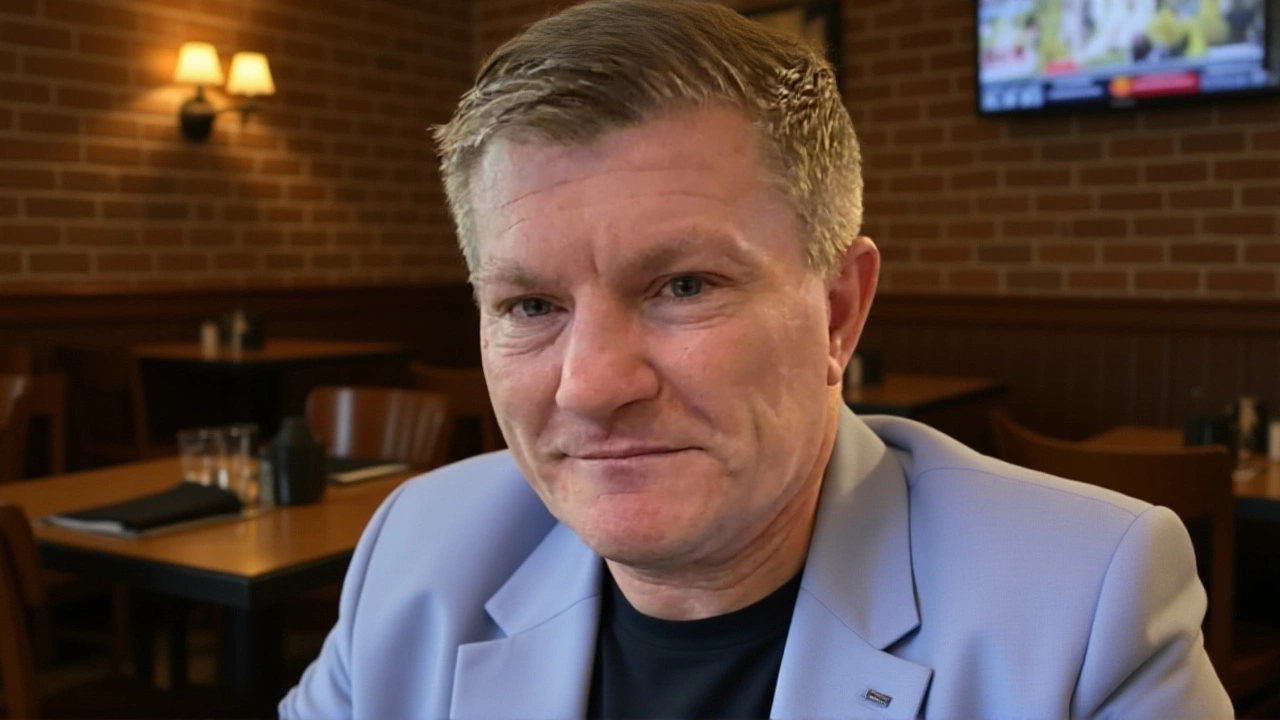
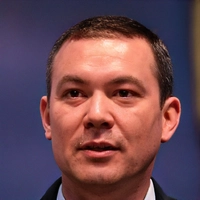
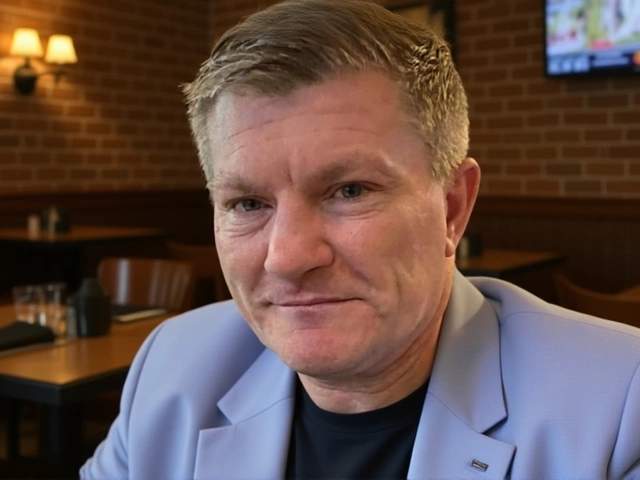
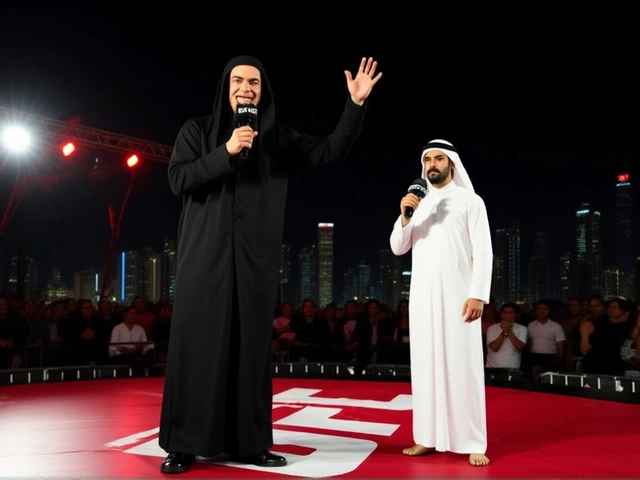




Write a comment